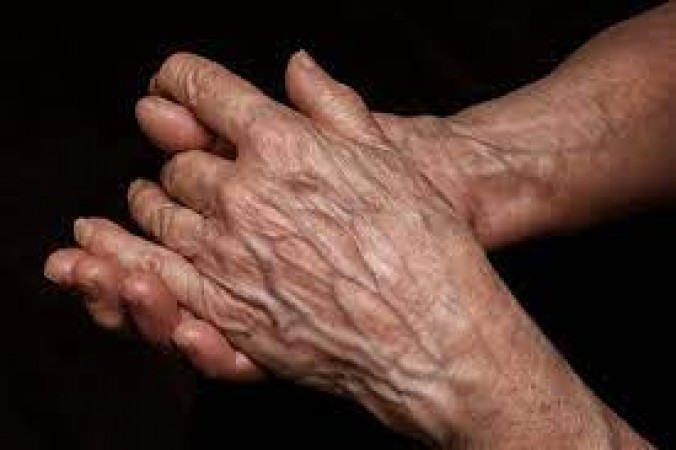
When it comes to the thickness of our skin, genetics play a significant role. Some individuals inherently have thinner skin due to their genetic makeup. Moreover, as we age, our skin naturally becomes thinner. This is primarily because collagen production decreases over time, leading to a loss of elasticity and thickness in the skin.
2. Environmental Factors: Sun Damage and Pollution
Excessive exposure to the sun's harmful UV rays can cause damage to the skin, leading to thinning over time. UV radiation accelerates the breakdown of collagen and elastin fibers in the skin, resulting in a loss of thickness and elasticity. Similarly, exposure to environmental pollutants can also contribute to skin thinning by causing inflammation and oxidative stress.
3. Lifestyle Habits: Smoking and Poor Nutrition
Unhealthy lifestyle habits, such as smoking and a poor diet, can have detrimental effects on skin health. Smoking constricts blood vessels, reducing blood flow to the skin and depriving it of essential nutrients and oxygen. Additionally, a diet lacking in essential vitamins and nutrients can impair the skin's ability to regenerate and maintain thickness.
4. Hormonal Changes: Impact on Skin Structure
Fluctuations in hormone levels, particularly during puberty, pregnancy, and menopause, can affect the thickness of the skin. For example, hormonal changes associated with menopause can lead to a decrease in collagen production, resulting in thinner and more fragile skin. Similarly, hormonal imbalances during puberty can contribute to skin thinning and increased susceptibility to acne.
5. Medical Conditions: Skin Disorders and Diseases
Certain medical conditions can also cause thinning of the skin. For instance, chronic skin disorders like eczema and psoriasis can lead to inflammation and damage to the skin barrier, resulting in thinning over time. Additionally, autoimmune diseases such as lupus can affect the skin's structure and thickness, leading to various dermatological symptoms.
6. Medications and Treatments: Side Effects
Some medications and medical treatments can have side effects that impact the thickness of the skin. For example, long-term use of topical corticosteroids for conditions like eczema can cause skin thinning as a side effect. Similarly, certain dermatological procedures such as chemical peels and laser treatments can result in temporary thinning of the skin during the healing process.
Understanding and Protecting Your Skin
While various factors can contribute to thinning skin, it's essential to understand the underlying causes and take steps to protect and maintain skin health. This includes practicing sun safety by wearing sunscreen daily, adopting a healthy lifestyle with a balanced diet and regular exercise, avoiding smoking and excessive alcohol consumption, and using gentle skincare products suitable for your skin type. By prioritizing skin health and making informed choices, you can support your skin's natural barrier function and resilience, helping to maintain its thickness and overall vitality.
iQOO Z9 5G will be launched soon in India, excellent camera and processor revealed
Nokia Appoints Tarun Chhabra as New India Head Amid Global Restructuring
Xiaomi's Game-Changing Smartphones: Revolutionizing Sports Betting Markets